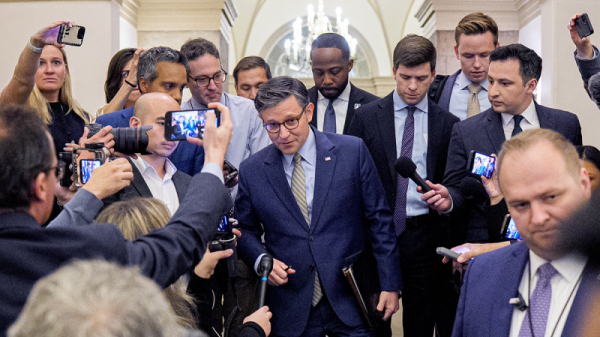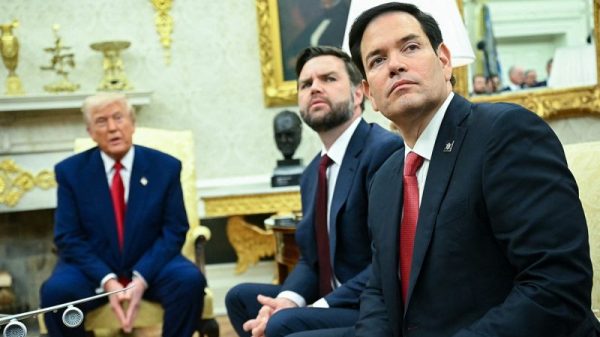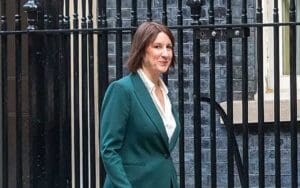
Public sector borrowing in the UK surged past expectations last month, hitting £20.2 billion, as higher spending on public services and increased benefit payments drove up government outlays.
The figure, released by the Office for National Statistics (ONS), came in significantly above the £17.9 billion forecast by economists and surpasses the £19.2 billion recorded in April 2024, marking a fresh fiscal challenge for Chancellor Rachel Reeves ahead of next month’s crucial spending review.
The UK’s debt-to-GDP ratio rose to 95.5%, up 0.7 percentage points compared to the same period last year. Meanwhile, the budget deficit reached £70.3 billion, nearly £10 billion above estimates from the Office for Budget Responsibility (OBR). For the financial year ending in March, total government borrowing stood at £137.2 billion, £11 billion higher than forecast.
“April’s borrowing was the fourth highest for the start of the financial year since monthly records began more than thirty years ago,” said Rob Doody, deputy director for public finances at the ONS.
Doody noted that while tax receipts were buoyed by higher employer national insurance contributions, this was outstripped by increased spending on public sector wages, pensions, and benefits.
The April overshoot comes at a politically sensitive time, with Reeves preparing to unveil departmental budgets for the next three years in the upcoming spending review. The chancellor is under mounting pressure to meet her fiscal rules, especially after Prime Minister Keir Starmer announced a reversal on plans to restrict the winter fuel allowance for pensioners — a move expected to increase welfare spending further.
Starmer told Parliament that Labour would now expand access to the benefit, which had been set for tightening under a previous fiscal decision. The U-turn adds to the growing list of spending demands threatening to erode Reeves’ £9.9 billion fiscal buffer, a margin already under threat from rising interest rates and lower-than-expected tax receipts.
The OBR has previously warned that small movements in interest rates could wipe out the government’s fiscal headroom. Since the spring statement in March, market expectations for further Bank of England rate cuts have waned, leaving borrowing costs elevated and fiscal plans more vulnerable.
Economist Ruth Gregory of Capital Economics estimated that the rise in borrowing costs has already reduced fiscal headroom to £5.7 billion, down from £9.9 billion in March.
“A potential reversal of winter fuel payment cuts and the likelihood that defence spending will need to rise again will make the fiscal arithmetic even more challenging,” added Matt Swannell, chief economic adviser to the EY Item Club. “It will increase pressure to generate more revenue through tax rises.”
Despite the figures, the government is emphasising its focus on public service delivery and long-term investment. Darren Jones, Chief Secretary to the Treasury, said the government remains committed to economic stabilisation and public service reform.
“After years of economic instability crippling the public purse, we have taken the decision to stabilise our public finances, which has helped deliver four interest rate cuts since August,” he said. “We’re fixing the NHS, with three million more appointments to bring waiting lists down, rebuilding Britain with our landmark planning reforms and strengthening our borders.”
Still, with defence spending likely to rise, social welfare costs increasing, and borrowing running persistently ahead of projections, Reeves may face tough decisions on taxation and public spending in the months ahead.
The spending review will be closely watched for signs of how Labour plans to balance electoral promises, fiscal discipline, and economic headwinds, while keeping markets confident in the UK’s long-term financial stability.






























